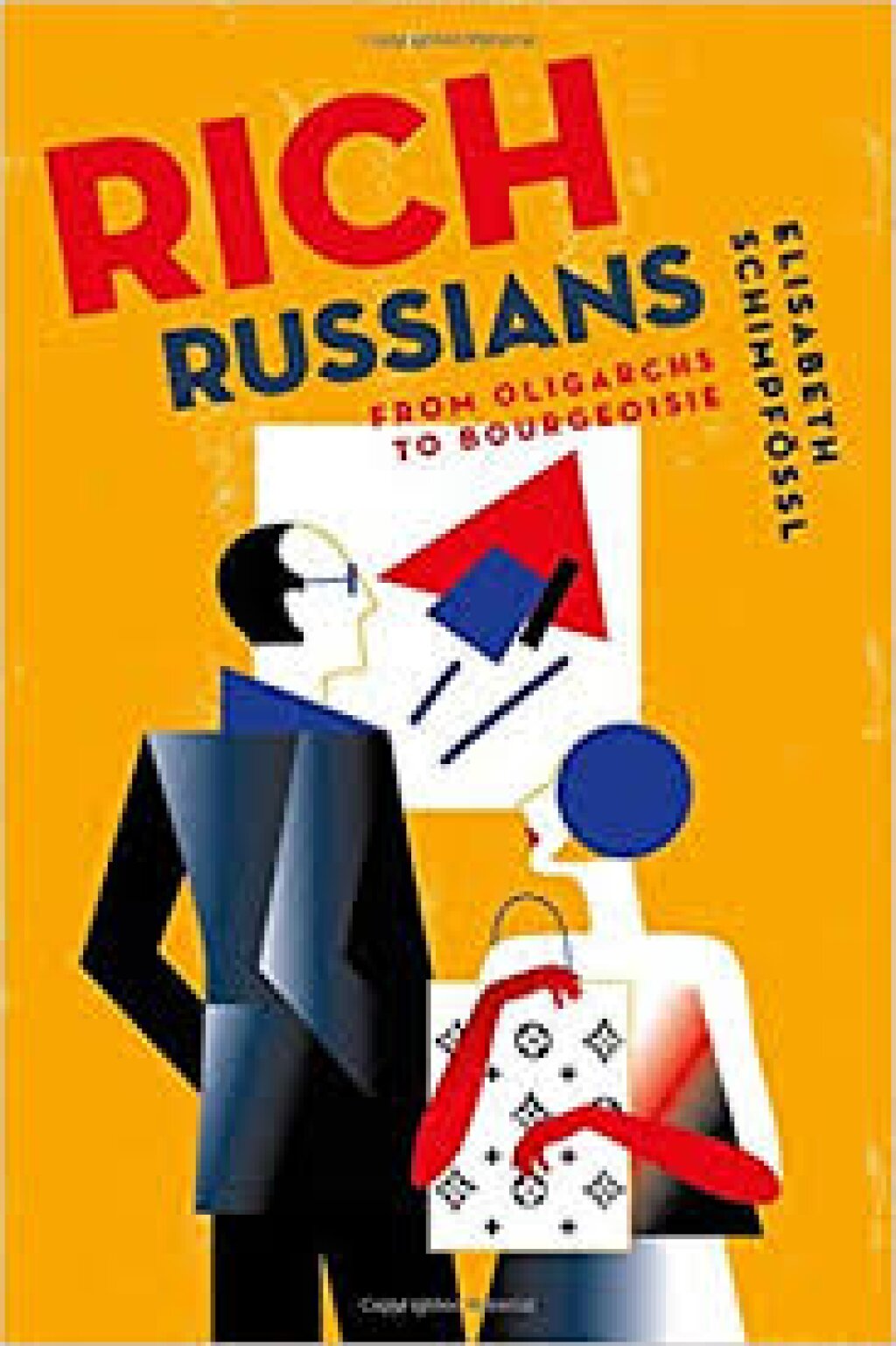This post is conclusion of Chapter 2 of Russia’s Alien Nations: The Secret Identities of Post-Socialism, an ongoing feature on All the Russias. It can also be found at russiasaliennations.org. You can also find all the previous entries here.
Billionaire, and to a lesser extent Brigada, point the way out of the New Russian paradigm and into something more respectable. Sasha Belyi needed to launder more than simply his money; he needed to clean up his backstory. Andrei Gumilev, essentially a superhero, embodies the culture’s wish-fulfillment fantasy regarding its superrich: neither he nor his past need laundering, because he has always been deserving of wealth, and his road to riches, rather than strewn with corpses, is paved by his efforts on behalf of the country he calls home. Gone are the New Russian’s corruption, boorishness, and selfishness; in Andrei L’vovich’s own words, what we have instead is an aristocracy.
The lack of an aristocracy has always haunted the New Russian; indeed, it is one of the reasons he exists. Recall the paucity of rich Russian bachelors as love objects in the early romance novels; without inherited wealth, the rich Russian hero could not escape the taint of his money’s origins.
In her excellent recent sociological study Rich Russians: From Oligarchs to Bourgeoisie, Elisabeth Schimpfossl interviews dozens of people who fit the category announced by her title. The book is a treasure trove of revelations about Russia’s new masters of the universe; Schimpfossl deserves credit for her thoroughness, envy for her access, and admiration for her ability to listen to what she is being told without erupting into class-based rage.
Schimpfossl is quite clear-eyed about the contradictions inherent in the rich Russians’ self-image. On the one hand, many of them want to give credit entirely to their own effort and grit:
When rich Russians talk about the roots of their post-Soviet fortunes, they often cultivate an image of rags-to-riches billionaires who can lay claim to humble beginnings and to having made it without enjoying any advantages, neither the cultural and social advantages they got from their parents, nor the vital social networks they enjoyed during their university years. Instead, they often cherry-pick elements of their work biographies.
On the other hand, it is these cherry-picked biographies that offer more interesting, if no less problematic, explanations for their success. One of the most intriguing parts of Schimpfossl’s book is when her rich Russian subjects offer lengthier explanations for their success and justification for their exceptional economic status. Some of her subjects like to stress that their parents and grandparents were members of the Soviet intelligentsia, giving themselves an aura of inherited culture and intellectual heft. This provides support for their efforts to be a more sophisticated wealthy class than the New Russians.
The intelligentsia connection can be considered primarily sociological, a reference to the social and cultural capital that enabled the rich Russians’ rise. But a number of Schimpfossl’s sources suggest that they owe their success to “good genes.” As one tells her, “Listen, I got genes from my parents. Of course, these genes allowed me to develop myself and all the qualities that led to success.” Another says "This is thanks to God and thanks to genes.” Schimpfossl notes: Genes and God were the most frequently cited reasons for success, and the people I spoke to sometimes identified themselves as “chosen ones.” ”
This faith in the power of genes did not occur in isolation, according to Schimpfossl:
Although justifying success by reference to genes is in many ways ad hoc and improvised, it is not random. This kind of essentialist reasoning is strong in Russia, not because everybody is obsessed with genes, but because it offers a convenient justification for inequality. What is supposedly grounded in nature is difficult to argue against. In addition, secular ways of “naturalizing” the social and the historical have a strong tradition in Russia. This is despite the fact that Marx considered consciousness to be determined by being.
For the rich Russians, it’s not just genes; it’s genealogy. In order to be legitimate, in order to be a true modern aristocracy, they need a respectable origin story. The New Russian’s story was anything but that: it was about money, access, criminal ties, and, yes, cleverness. It is not enough for the New Russian simply to transform himself into something more refined, because his origins do not change. Instead, the New Russian has to be transformed into a vanished missing link in the evolutionary chain of the post-Soviet bourgeoisie.
Next: Chapter 3. Russian Orc: The Evil Empire Strikes Back



